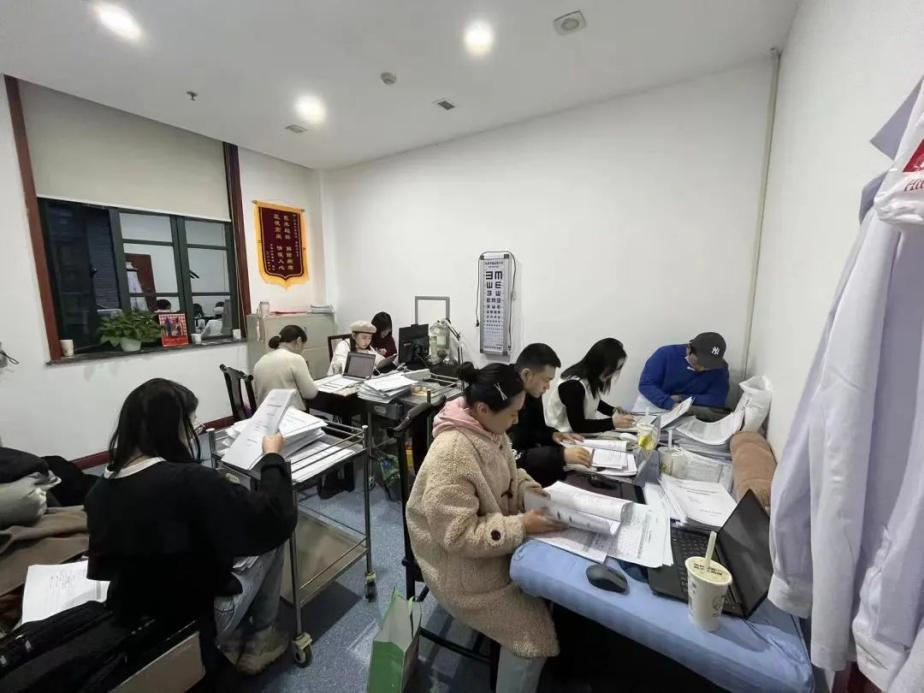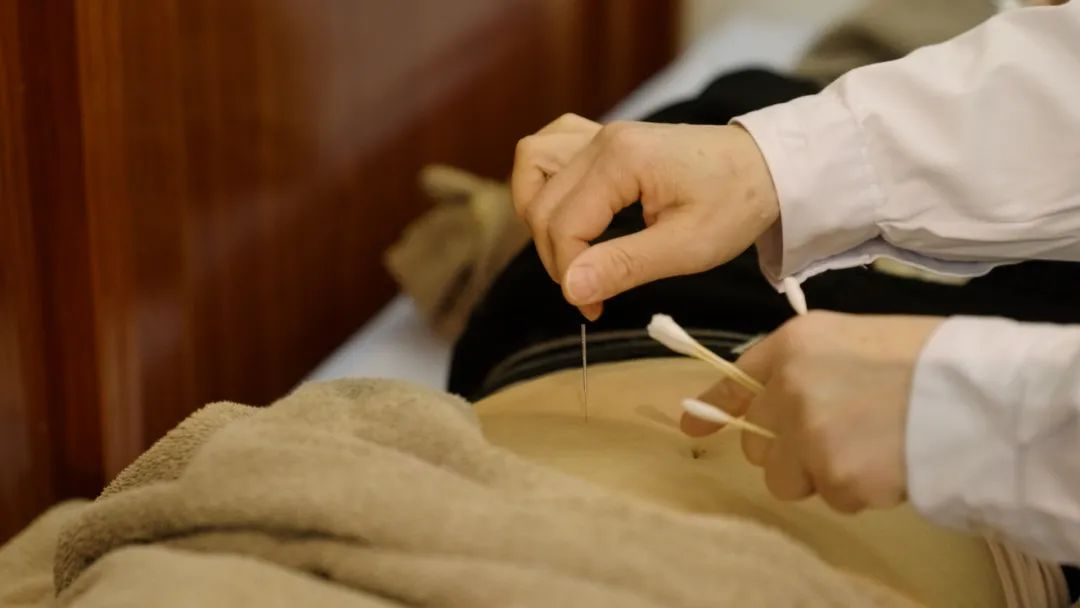Welcome to gochengdu.cn!
You need to accept our privacy and cookie policy to continue to browse our website. You can change your cookie settings through your browser.

Chinese acupuncture has been found effective in treating patients with chronic urticaria, according to a study published on November 13, 2023 in Annals of Internal Medicine.
The study, titled "Efficacy of Acupuncture for Chronic Spontaneous Urticaria: A Randomized Controlled Trial," was conducted by a Chinese research team. It randomly divided 330 participants diagnosed with chronic spontaneous urticaria (CSU) into three groups to receive acupuncture, sham acupuncture or waitlist control respectively over an eight-week study period, and it found that Chinese acupuncture led to better effects.
CSU is the most common form of chronic urticaria or chronic hives. Patients with this disease may suffer from symptoms such as pruritus, the most urgent, typical symptom, as well as emotional and sleeping problems. These symptoms typically persist for six weeks or longer without specific triggering factors and come and go unexpectedly. This affects approximately 1% of the world’s population of all ages, the study said.

The Chinese team is on the research.
Photograph: Chengdu University of Traditional Chinese Medicine
Chinese acupuncture has a history of over a thousand years in relieving itching. "From the perspective of modern medicine, especially evidence-based medicine and clinical trials, there is a lack of high-quality evidence to prove the efficacy of acupuncture for chronic urticaria. In our research, we use modern medical methods to prove the efficacy of our traditional Chinese medicine (TCM), especially our acupuncture," explained Li Ying, the study’s lead author and professor at Chengdu University of TCM in Sichuan Province, China, in an interview with GoChengdu, a Chengdu-based news and information provider.
"I believe this is a very important step for TCM to step onto the world stage and become an integral part of mainstream medicine," she added.
To be sure, there are medications available for the treatment of CSU, such as antihistamines as first-line therapy, but many patients do not respond well to the medications. Additionally, the second-line treatment, omalizumab, is costly and not reimbursed in many countries or regions. As a result, the research team aimed to seek non-medicine treatments as an alternative for this skin condition, and prove its efficacy accordingly.
An editorial accompanying the study commented that "this is the first description of the efficacy of acupuncture in yet another nonpain condition".
"I think the standard of the methodology is very good, and it's the biggest trial on this condition," Mike Cummings, author of the editorial and medical director of the British Medical Acupuncture Society told GoChengdu.
For the skeptical Western audience, the result has proved the credibility of Chinese acupuncture because tangible improvements have been observed in the diagnosed participants'’ conditions. The doctor has been already treating patients with this type of condition and he believes "this is a useful study for me".
The Chinese team has spent six years on the research, during which all of the participants in the clinical trial were free to drop out at anytime. According to some participants, they are really grateful to the team for non-medicine treatment, and CSU hardly bothers them now, which provides them with a sense of being "reborn".

Professor Li Ying uses acupuncture to treat a patient at Elite Clinic of Chengdu University of Traditional Chinese Medicine.
Photograph: GoChengdu
Annals of Internal Medicine, an official journal of the American College of Physicians, is dubbed as one of the most widely cited and influential medical journals globally. The study on urticaria represents the first instance on acupuncture from southwest China to be published in the journal.
Author: Huang Shuting, Sang Yarong
Photographer: Zhao Wenke
Senior Editor: Zhang Hang
Supervisor: Feng Lanqin